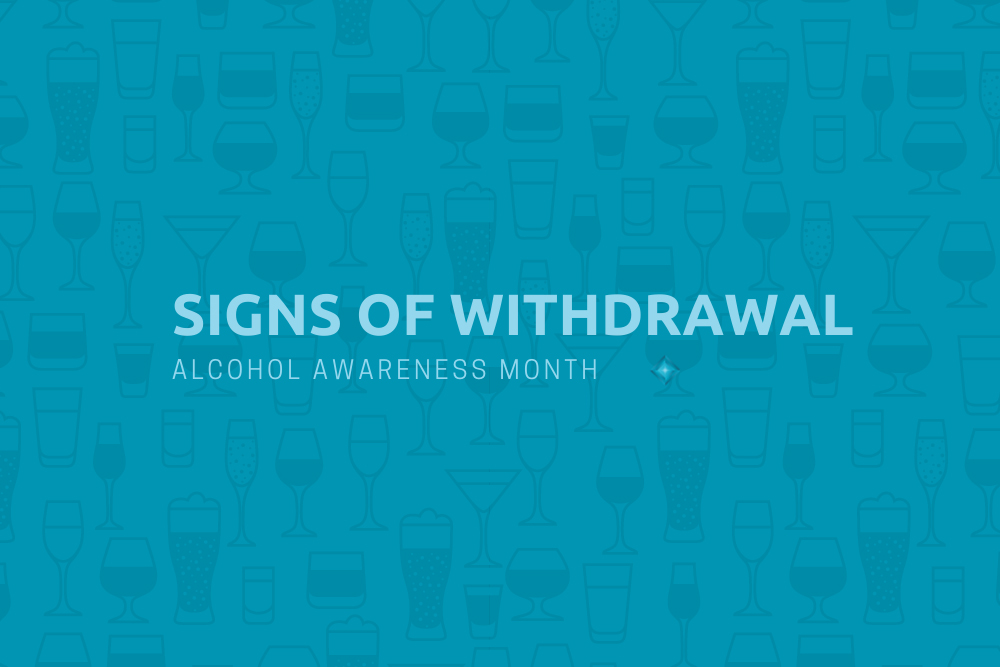Though the overdose rate of prescription drugs like opioids continues to attract national awareness, alcohol remains the deadliest drug in the United States. According to the National Institute on Alcohol Abuse and Alcoholism, an estimated 95,000 people die from alcohol-related causes annually, making it the nation’s third-leading preventable cause of death.
In observation of Alcohol Awareness Month this April, it’s critical to recognize the extent of America’s alcohol dependence and recognize the possible signs you may have a drinking problem so you can take steps to stop.
Alcohol Reliance Has Increased During the Pandemic
The COVID-19 pandemic has exposed a series of flaws in American society. One of these is the extent to which people use – and abuse – alcohol as a coping mechanism. Since the WHO officially declared a pandemic in March 2020, adults have reported drinking more, including binge drinking.
Unlike illicit and prescription drugs, alcohol is easy and relatively inexpensive to get, and socially acceptable to use. Commercials glamorize the idea of having a few drinks with friends after work, on holidays and at sporting events. Unfortunately, these media depictions only show positive associations of alcohol – not the increased risk of physical and mental health problems like high blood pressure, stroke, liver failure and suicidal ideation.
Warning Signs of a Drinking Problem
The widespread prevalence of alcohol, combined with the lack of stigma associated with drinking, can make teetotalers seem like the odd ones out at parties and other get-togethers. As a result, people who develop a drinking habit may have difficulty determining when their behavior has crossed the line from social to problematic.
Alcohol addiction progresses gradually, so you could become psychologically and physically dependent before you realize it. One way to self-assess whether you have a substance use disorder is to pay attention to how you feel when you abstain from drinking. Once your body and brain become accustomed to the presence of alcohol, you may experience uncomfortable withdrawal symptoms when you try to quit. These can range from mild to severe, and may include:
- Cravings
- Anxiety
- Insomnia
- Sweating
- Headaches
- Nausea
- Shaking hands
- Hallucinations
- Seizures
- Delusions
- Disorientation
- Racing heart rate
- High blood pressure
Changing Your Relationship With Alcohol at New Found Life
Tapering off your alcohol use or fully committing to a life of sobriety can be challenging because the societal cues to drink are virtually inescapable. In addition, quitting on your own may prove to be difficult for you if you experience severe alcohol withdrawal symptoms. That’s why you need support and guidance to achieve your goals. At New Found Life, we have been offering judgment-free drug and alcohol treatment since 1993.
By working with a counselor who specializes in techniques like cognitive behavioral therapy, you can learn to recognize your maladaptive coping mechanisms and replace them with healthier ones. Furthermore, medically managed detoxification will give you a safe place to overcome uncomfortable withdrawal and ensure you are medically and emotionally stable enough to proceed through the next phases of recovery from an alcohol use disorder. Contact us today when you’re ready to learn more.

